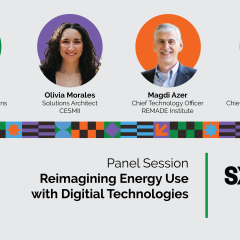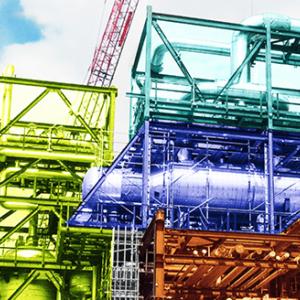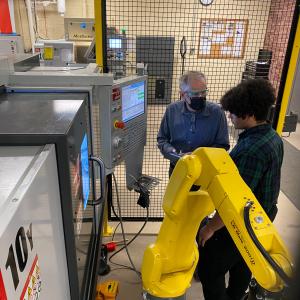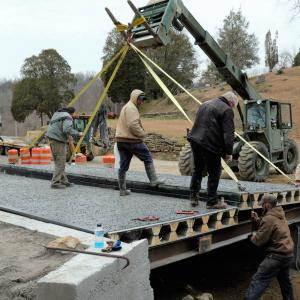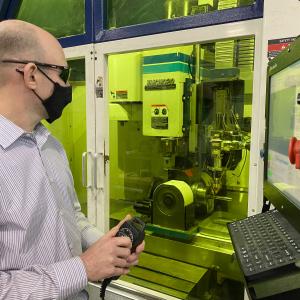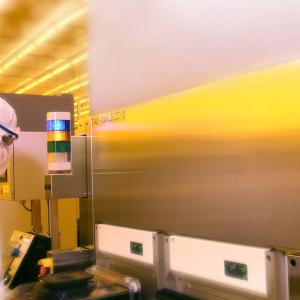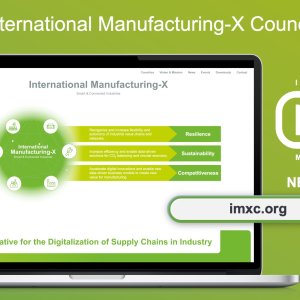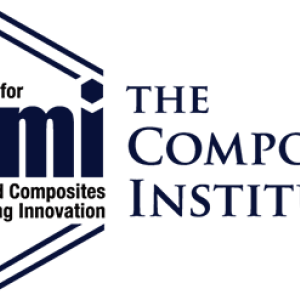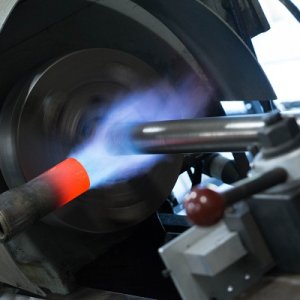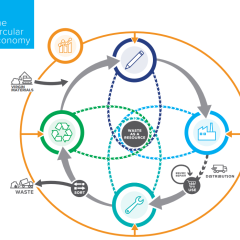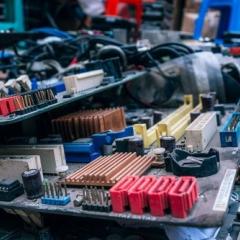Advanced Manufacturing Plays a Role in Building a Sustainable Future
Producing clean energy and using energy as efficiently as possible are both critical to reducing pollutants, slowing climate change, and reducing dependence on foreign energy. Energy efficiency is especially important to an energy-intensive industry like manufacturing.
New clean energy technologies will:
- Reduce manufacturing energy costs
- Increase global competitiveness in emerging clean-energy industries
- Provide the basis for innovative new green products
- Improve sustainability
- Create jobs for current and next-generation workers
In close collaboration with industry, academia, and government, the 18 manufacturing innovation institutes in the Manufacturing USA network are developing next-generation digital and other innovative technologies to reduce energy use and decrease emissions.

The institutes are working to deploy technological capabilities in new ways that enhance sustainability and enable the industrial sector to reduce reliance on scarce resources. A few examples include:
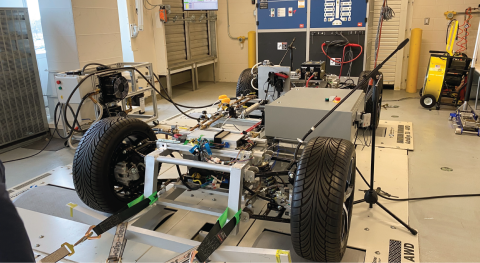
REMADE and its partners are using AI to help sort aluminum in the recycling process more efficiently. This will be important to multiple industry sectors, including the automotive sector as it transitions to electric vehicles.
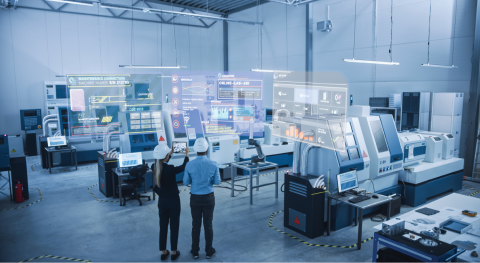
CESMII’s Smart Manufacturing Interoperability Platform (SMIP) is a “plug and play” system for all of industry. It allows equipment to interact more widely and not be locked into a particular vendor. This work is vital for changing the paradigm to reduce energy consumption for all manufacturers.
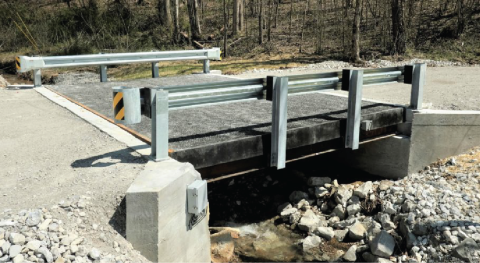
IACMI and its partners developed and installed a lightweight fiber-reinforced polymer composite material bridge deck embedded with fiber optic sensors. The bridge deck system requires less installation time, reduces energy costs during construction, and has a 100-year lifespan.
The institutes are committed to securing access to clean, cost-effective, reliable energy, which is central to the U.S. economy, job creation, sustainability, and a high quality of life.
Related Events
News
External News
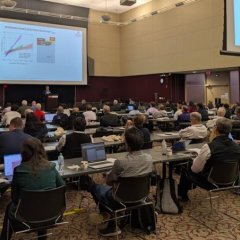
Achieving high-volume manufacturing in the U.S. is critical to maintain a competitive foothold in a volatile global marketplace. By accelerating the commercialization of next-generation silicon-carbide (SiC) and gallium-nitride (GaN) power semiconductor chips and electronics, PowerAmerica strengthens the domestic supply chain and bolsters...

Welcome to another episode of Gen Z in Manufacturing , a podcast that asks young people about their journeys in manufacturing, how they intend to influence the industry and what they are looking for from an employer.
This episode welcomes Emily Molstad, a 27-year-old CEO and co-founder at VALIS Insights , a startup and member of Manufacturing USA...
PowerAmerica is a consortium emanating from the Manufacturing USA initiative, an affiliation of public-private stakeholders aimed to foster industry innovation in the US. It was founded in 2014 to achieve U.S. global leadership in high-end manufacturing by gathering people, connecting ideas, sharing knowledge, and investigating cutting-edge...
Upcoming Events
Opportunities
EWD project proposals are requested for projects that align with the EWD Roadmap and are seeking to develop short courses that can be used to educate, train, and develop the incumbent workforce for careers in the circular economy.
PROPOSAL SUBMISSION TOPICS:Advanced Materials Separation Technologies
Design for Remanufacturing, Recycling, and...
On November 4, DOE, in partnership with the Clean Energy Smart Manufacturing Innovation Institute (CESMII), announced $2 million in funding to advance the adoption of smart manufacturing technologies and processes across the manufacturing sector to increase productivity, save energy, and boost competitiveness across energy-intensive industries.
The U.S. Department of Energy (DOE), in partnership with the Reducing Embodied Energy and Decreasing Emissions (REMADE) Institute, is announcing $600,000 in funding for the development of education and workforce development (EWD) curriculum that will work to increase the adoption of recovery, reuse, remanufacturing, and recycling technologies...


